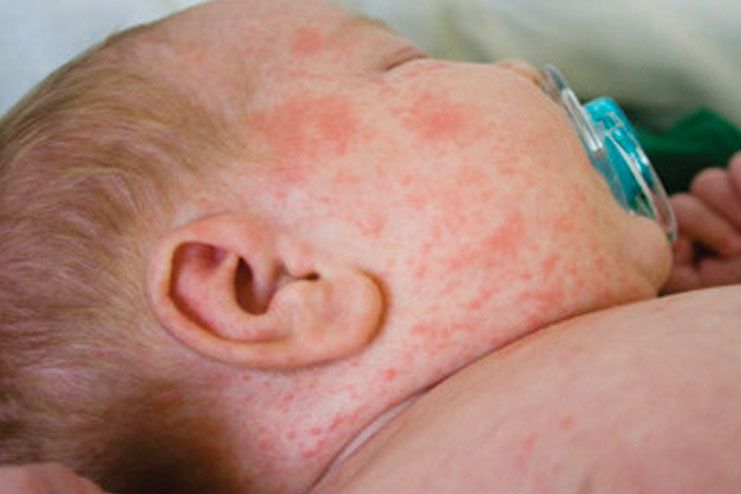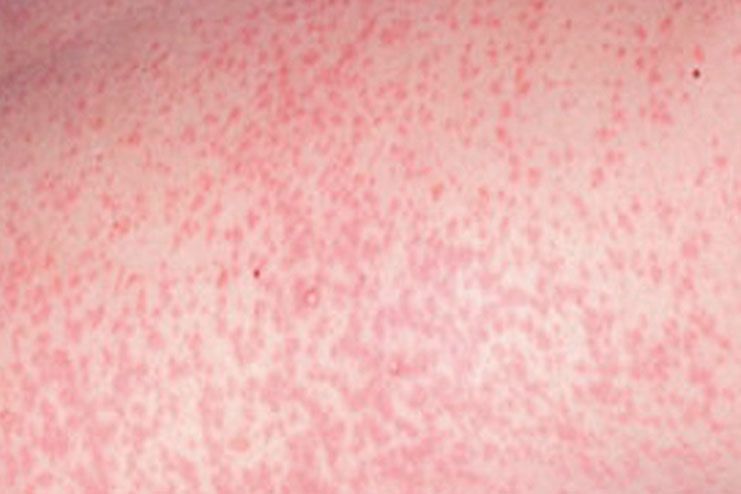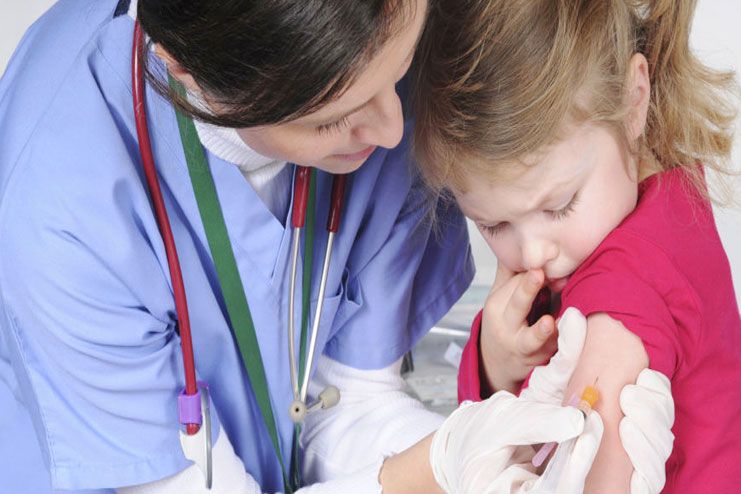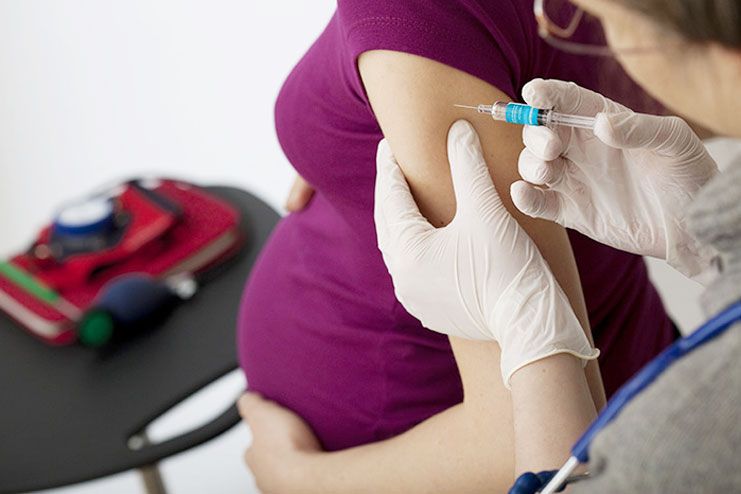Affiliate Disclaimer
Some links in this article are affiliate links. We may earn a small commission if you make a purchase through these links, at no extra cost to you. We only recommend products we find useful to our readersRubella, or German measles, is causing significant concern in underdeveloped countries, as there is no readily available vaccine for this health issue. Although many people are coming forward to raise awareness about the disease, many are still unaware of preventive measures to protect themselves.
Here, we provide important information about rubella, or German measles, including its causes, symptoms, and treatment.
What is German Measles or Rubella?
Rubella, or German measles, is a viral infection that causes a red rash on the body. Along with the rash, those infected may experience fever and swollen lymph nodes. This highly contagious disease spreads through sneezing or coughing from an infected person and can also be contracted by sharing food and drinks with them.
In various developed countries, the introduction of the rubella vaccine has decreased the incidence of measles. However, it is still prevalent in developing countries. Although the disease is more common in children aged 5–9, it can also affect adults.
In most cases, rubella resolves on its own without treatment, but it can cause complications in pregnant women, such as congenital rubella syndrome, which can hinder a baby’s development. In these cases, immediate medical attention is essential.
General Symptoms of German Measles
The symptoms of rubella are generally mild and difficult to notice. Symptoms start to develop within three weeks of infection and may last for 5–7 days. They include:
- Muscle pain
- Headache
- Mild fever
- Red and inflamed eyes
- Tender and swollen lymph nodes
- Red rash starting on the face and spreading to the body
- Stuffy or runny nose
These symptoms are not unique to rubella and may indicate other illnesses as well. It is important to consult a doctor if these symptoms appear, especially during pregnancy.
Although rare, rubella can cause brain swelling and ear infections. Immediate medical attention is needed if there is:
- Stiff neck
- Ear pain
- Prolonged headache
Causes of German Measles
The rubella virus is highly contagious and can spread through direct contact or airborne droplets from coughing and sneezing. Pregnant women can also pass the virus to their fetus through the bloodstream. In many cases, people may spread the virus without realizing it.
Diagnosis of German measles
German measles is often diagnosed by the appearance of a red rash, though a blood test can confirm the diagnosis by detecting antibodies that eliminate viruses and bacteria from the bloodstream.
Treatment of German Measles
German measles is usually treated at home with prescribed medications and bed rest. Acetaminophen (Tylenol) (R) is commonly used to relieve aches and discomfort. Doctors may also recommend staying home to prevent spreading the virus to others.
Pregnant women may receive antibodies like hyperimmune globulin (R) to counter the virus. However, there is still a risk of the baby contracting rubella, and infants with congenital rubella syndrome require specialist treatment.
Prevention of German Measles
The best way to prevent rubella is through proper vaccination, typically a combination of the mumps, measles, and rubella (MMR) vaccines (R). The first dose is given to babies between 12 – 15 months, with a booster at 4 – 6 years. The vaccine contains a small dose of the virus, so mild reactions like rash or fever may occur.
An immunity test is recommended if you are unsure of your rubella vaccination status, especially if you are:
- A woman of childbearing age who is not pregnant
- Attending or planning to attend an educational facility
- Working in a medical facility
- Traveling to countries with limited rubella vaccination access
The rubella vaccine can cause side effects. Although the vaccine itself is safe, the live virus in it may cause complications or adverse reactions in some individuals. It is crucial to discuss vaccination with a doctor if you have a weakened immune system due to illness or pregnancy.
Conclusion
German measles, often known as rubella, is still a major health risk, particularly in places with low vaccination rates. Although rubella is usually mild in children, pregnant women and their unborn infants are at serious risk. Hence, prevention through education and immunization is crucial.
We can better protect ourselves and others from this infectious disease by being aware of its symptoms, modes of transmission, and the MMR vaccine. To ensure timely diagnosis and treatment, it is essential to speak with a healthcare professional if you suspect exposure or develop symptoms.</p
-
Sep 2017Written by Prajakt K
-
Nov 2024Edited by Lakshmi Gayatri























